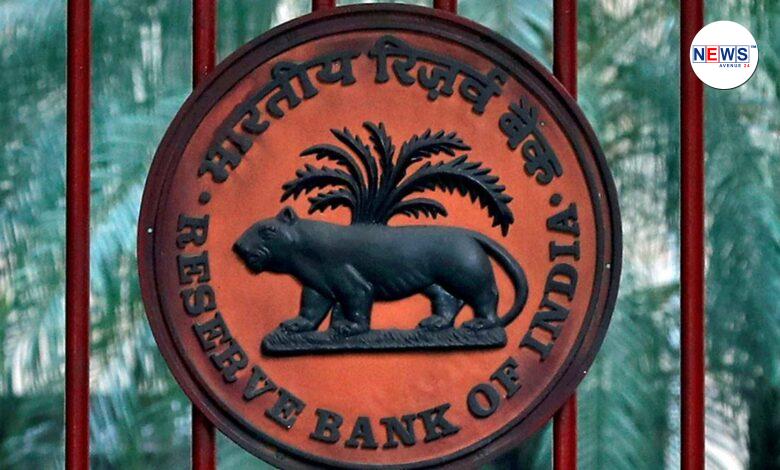
Internationalisation of rupee has risks but they are unavoidable: RBI deputy governor
Internationalisation of the rupee is a process that involves increasing use of the local currency in cross-border transactions. It involves promoting the rupee for import and export trade and then other current account transactions followed by its use in capital account transactions.
Reserve Bank of India (RBI) deputy governor T Rabi Sankar said there are many advantages to internationalisation of the rupee but, at the same time, there are risks associated with it which are unavoidable if India wants to become an economic power.
In July this year, RBI came out with a scheme permitting rupee settlement of international trade.
Internationalisation of the rupee is a process that involves increasing use of the local currency in cross-border transactions. It involves promoting the rupee for import and export trade and then other current account transactions followed by its use in capital account transactions.
Sankar spoke Thursday of the various advantages of internationalisation of the rupee but also alluded to the risks to it.
He said India is a capital deficient country, and hence needs foreign capital to fund its growth.
“If a substantial portion of its trade is in rupee, non-residents would hold rupee balances in India which would be used to acquire Indian assets. Large holdings of such financial assets could heighten vulnerability to external shocks, managing which would necessitate more effective policy tools,” the deputy governor said.
Source- THE INDIAN EXPRESS





